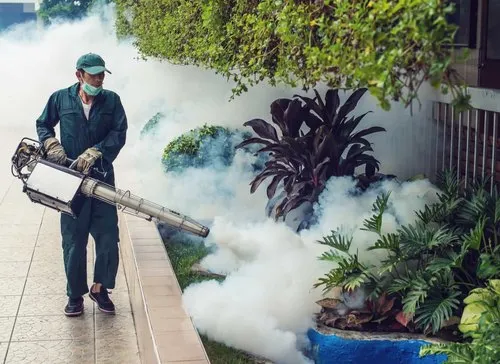Mosquito Control Treatment In Seawoods
Mosquito Control Treatment In Seawoods
Mosquito Control Treatment In Seawoods At best, mosquitoes can be a real nuisance, leaving itching bite marks and keeping us awake at night. The irritation caused by the bites can be quite distressing particularly for children. At worst, mosquitoes transmit a range potentially fatal diseases. In India, the most prominent diseases spread by mosquitoes are malaria, dengue and Chikungunya as well as Japanese B encephalitis. The risk of mosquito-borne diseases is especially high in humid areas. In the more arid regions of India, mosquito infestation commonly peaks during and after the annual monsoon rainfalls. In the more tropic and humid regions, the peak of mosquito activity normally falls into the summers when high temperatures fasten the reproductive cycle of mosquitoes.
IMM uses a combination of methods to prevent and control both nuisance mosquitoes and mosquitoes that spread viruses like dengue, West Nile, Zika, and others. Mosquito control plans include controlling mosquito populations before people start getting sick with a virus spread by mosquitoes. IMM uses methods to control mosquitoes based on an understanding of mosquito biology, the mosquito life cycle, and the way mosquitoes spread viruses. The methods used, when followed correctly, are safe and have been scientifically proven to reduce mosquito populations. The basic components of IMM include surveillance, source reduction, control of all mosquito life stages, insecticide resistance testing, public education, community involvement, and evaluation of actions taken.

+91 8379882277

